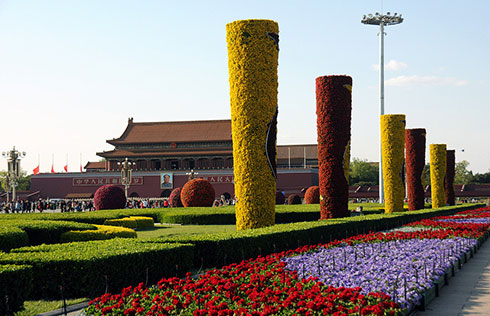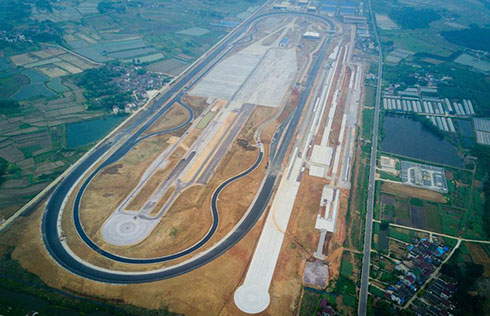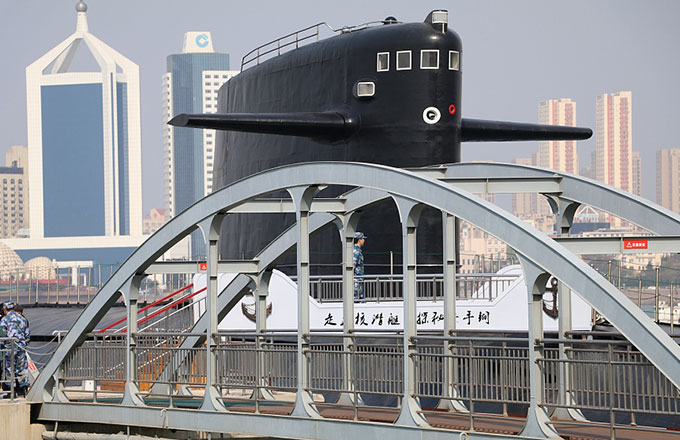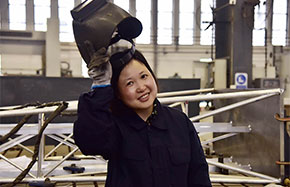Beijing court claims problems with administrative disputes solved
Problems that arose in the past related to administrative disputes have been alleviated, according to a report released on Thursday by a Beijing court.
The Beijing No 4 Intermediate People's Court, selected as part of a pilot program to improve hearings of administrative cases, said in its report that it accepted 2,893 administrative disputes last year, twice the amount it accepted in 2015.
The increase can be attributed to the court's strict and effective measures for filing cases, which means all appeals in line with laws were accepted immediately after registration, instead of being subject to a court review, as was the case previously, it said.
To reduce interference from governments when courts hear administrative disputes, judicial reform implemented by the central leadership in 2013 required the intermediate people's court to handle administrative cases involving the suing of governments of the city's 16 districts.
Under the requirement, the intermediate people's court was established in December 2014.
Last year, all 16 district governments in the capital were sued, with the biggest number of cases involving the Haidian, Dongcheng, Xicheng and Chaoyang governments, it said.
"Almost 70 percent of the cases were related to people's livelihood," said Cheng Hu, vice-president of the court. "Many conflicts between residents and governmental departments involved the renovation of old buildings, demolitions and environmental improvements."
Cheng complimented the attitude of administrations, saying that every governmental department involved in cases had taken the initiative to attend the court, respond to litigants' questions and solve disputes.
"The previous problem that many citizens complained of — about it being too hard to confront officials in courtrooms — has been alleviated," he said.
In addition, governmental departments as defendants lost 79 lawsuits, of which about 20 percent were related to the disclosure of official information, the report said.
"Some governmental departments were sued because they didn't handle or delayed administrative affairs, while others failed to follow administrative procedures while handling the affairs," Cheng said.



















